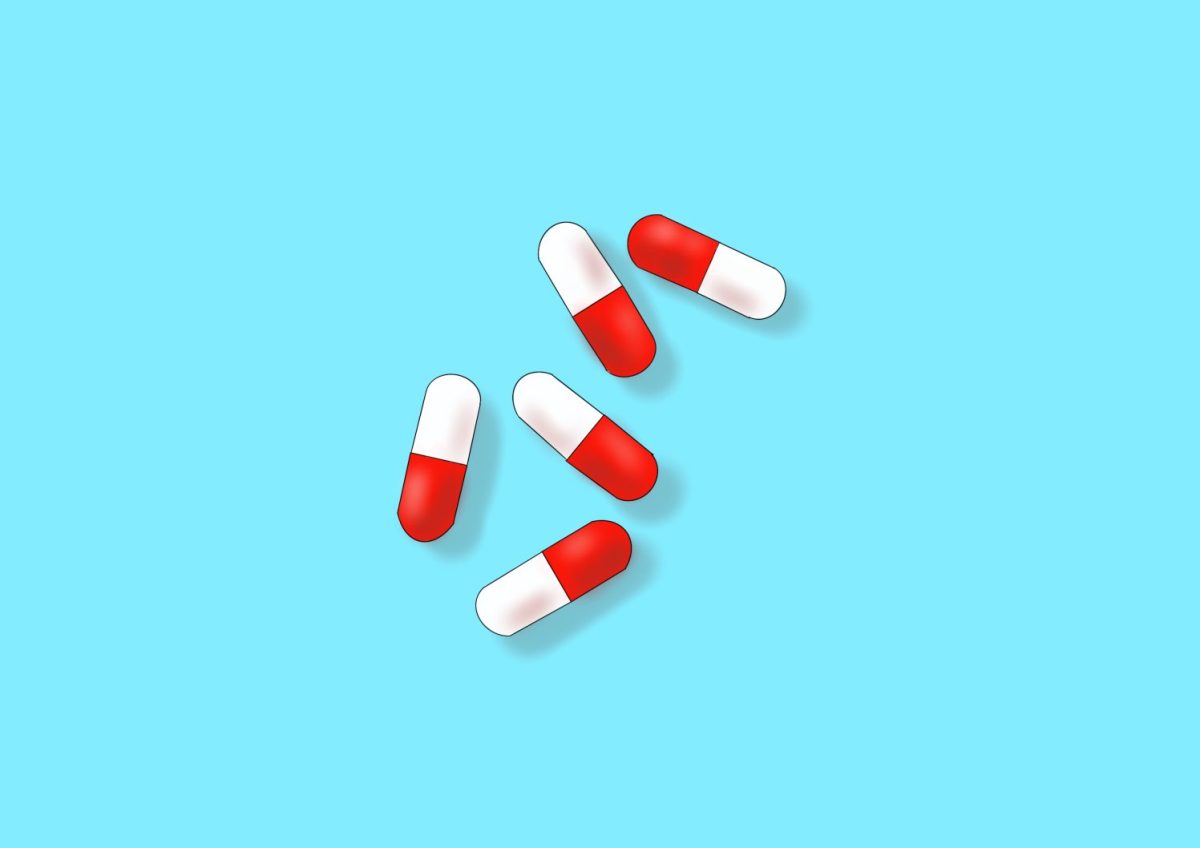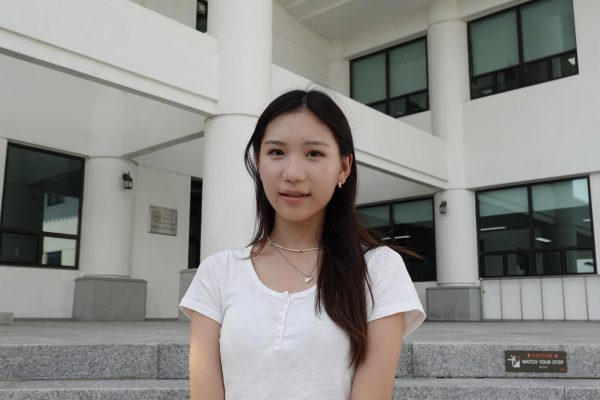In October, K-pop artist G-Dragon and actor Lee Sun-kyun made headlines on their drug scandals. Ever since actor Yoo Ah In’s drug scandal in March 2023, South Korea’s drug use has been on the rise among Korean celebrities.
Unless for medical purposes, South Korean law prohibits drug use not only within the country but also when citizens are abroad. These laws are enforced with heavy sentences. For example, marijuana use can result in five years of prison or a 50 million won fine, and repeated drug use counts as an independent act of crime.
Earlier in the year, Yoo Ah-in garnered widespread media attention with his drug scandal. Investigators found that on 181 occasions he had taken seven different types of drugs, including propofol, weed, ketamine, cocaine, zolpidem, midazolam, and alprazolam.
“I am terrified because of the rising number of drug cases among celebrities,” Sylvia Lee (10), a student at SIS, said. “When I saw videos of Yoo Ah-in giving his speech circulating on YouTube after he became an issue, I saw how drugs can affect your body so drastically. The way he could not even talk properly was extremely concerning.”
After the celebrities’ drug use was issued, netizens began to recollect their interviews and noticed unnatural patterns of speech. In one YouTube interview, investigators noticed his unnatural facial expressions and inconsistent pauses between speech, which are effects of drug use. Since G-Dragon’s drug scandals became an issue, fans have noticed irregular cuts in his recent interviews such as his 2022 Elle magazine interview.
On Nov. 6, G-Dragon voluntarily visited the police station to clear his name. His drug tests came back negative, and he further explained that his OCD contributed to his unnatural speech.
Although all of actor Lee Sun-kyun’s test results were negative, he admitted to his drug use on Nov. 5. He claimed that he did not know that the substances he had in a nightclub were drugs.
“This is very concerning to me as a South Korean citizen,” Winston Chen (10), a student at SIS, said. “The fact that drugs are becoming more common is completely unacceptable. I feel as though the celebrity scandals are making drugs more normal in society when it is illegal. Not only that, the problem is where the celebrities are getting their drugs from. In the first place, drugs should not be available in this country.”
Some raised concerns about how celebrities’ drug use can further impact society, especially by influencing the lives of minors and young adults. Recently, there has been a drastic uprise in drug usage in South Korea.
The total number of drug abuse reported in just the first two months of 2023 reached 2600, with a significant proportion being minors and young adults. In April, three middle schoolers were arrested for using philopon, a form of methamphetamine, which they bought via Telegram. When one of them went home the same day, the student’s mom called the police as her daughter was acting abnormally.
“The rising drug usage among minors in South Korea is a concerning problem as it poses major economic and health risks,” Colin Ryu (9), a student at SIS, said. “I am very worried about the future of Korea, [so] we should start to take a step toward regulating the spread of drugs. The fact that minors in South Korea have access to drugs deeply concerns me.”
These scandals bring more emphasis on South Korea’s next step in its drug policies. Many argue that the consequences that the government implements for a crime are too light. For instance, a hospital that acted against the drug policies only had to pay 30,000 KRW, equivalent to 23.14 USD for a day in order to avoid business suspension.
“Heavier policies have to be brought up,” Winston said. “I am very afraid that this drug situation will worsen.”


